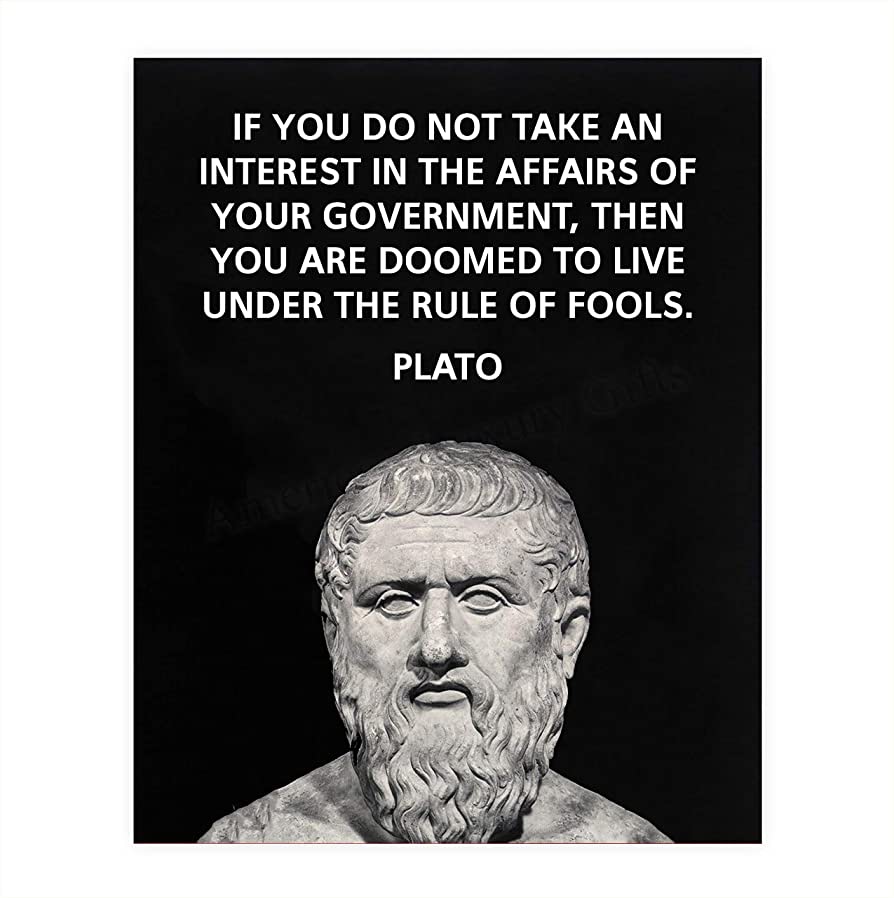These ten political theories have played a significant part in shaping modern governance and politics. From liberalism’s emphasis on individual rights and limited government intervention to socialism’s call for collective ownership and distribution of wealth, each theory offers a unique perspective on how to structure societies and economies. Nationalism, democracy, and realism have influenced foreign policy and international relations, while environmentalism and feminism have brought attention to important social and environmental issues. Postmodernism challenges traditional ways of thinking and promotes diversity and cultural difference. Understanding these political theories is crucial to understanding modern politics and governance.
1. Liberalism
Liberalism is a political theory that emphasizes individual rights, equality, and limited government intervention. It emerged during the Enlightenment era in the 18th century and has since become one of the most dominant political theories in the world. Liberalism advocates for a free market economy, democratic institutions, and the protection of human rights through a written constitution. It has shaped modern governance by laying the foundations for liberal democracies, capitalist economies, and individual freedoms.
2. Conservatism
Conservatism is a political theory that promotes traditional values, institutions, and social hierarchy. It emerged as a response to the French Revolution in the late 18th century and has since become a major force in modern politics. Conservatism advocates for limited government intervention, free markets, and strong national defense. It has shaped modern governance by providing an alternative to liberal democracy and promoting traditional values in various countries.
3. Marxism
Marxism is a political theory that emphasizes the struggle between the ruling class and the working class. It was developed by Karl Marx and Friedrich Engels in the mid-19th century and has since become a major force in modern politics. Marxism advocates for the abolishment of capitalism and the establishment of a socialist economy. It has shaped modern governance by inspiring socialist and communist revolutions around the world.
4. Feminism
Feminism is a political theory that advocates for gender equality and women’s rights. It emerged in the late 19th century and has since become a major force in modern politics. Feminism advocates for the elimination of gender-based discrimination and the empowerment of women in all spheres of life. It has shaped modern governance by prompting legal and social changes that have improved women’s rights and representation in various countries.
5. Environmentalism
Environmentalism is a political theory that advocates for the protection and preservation of the natural environment. It emerged in the mid-20th century in response to increasing environmental degradation caused by human activities. Environmentalism advocates for sustainable development, renewable energy, and environmental regulations. It has shaped modern governance by putting environmental concerns on the political agenda and promoting a more sustainable approach to economic and social development.
6. Nationalism
Nationalism is a political theory that emphasizes the importance of national identity, sovereignty, and territorial integrity. It emerged in the late 18th century in Europe and has since become a major force in modern politics. Nationalism advocates for the primacy of the nation-state and the protection of its cultural, political, and economic interests. It has shaped modern governance by influencing policies related to immigration, trade, and foreign relations in various countries.
7. Democracy
Democracy is a political theory that advocates for popular participation, representation, and accountability in government. It emerged in ancient Greece and has since become the most widely practiced form of government in the world. Democracy advocates for free and fair elections, civil liberties, and checks and balances on government power. It has shaped modern governance by promoting political stability, legitimacy, and popular sovereignty in various countries.
8. Socialism
Socialism is a political theory that advocates for the collective ownership and distribution of wealth and resources. It emerged in the mid-19th century as a response to the social and economic inequalities created by capitalist systems. Socialism advocates for a planned economy, social welfare programs, and democratic control over the means of production. It has shaped modern governance by inspiring social welfare policies, nationalization of industries, and worker cooperatives in various countries.
9. Realism
Realism is a political theory that emphasizes the importance of power, security, and national interests in international relations. It emerged in the late 19th century in Europe and has since become a major force in modern diplomacy. Realism advocates for a balance of power, deterrence, and strategic alliances as means of ensuring national security and promoting global stability. It has shaped modern governance by influencing policies related to defense, diplomacy, and international relations in various countries.
10. Postmodernism
Postmodernism is a political theory that challenges the assumptions and values of modernity, including rationality, progress, and individual identity. It emerged in the 1960s and has since become a major force in contemporary social and cultural theory. Postmodernism advocates for deconstruction, relativism, and plurality as means of promoting diversity and cultural difference. It has shaped modern governance by influencing policies related to multiculturalism, identity politics, and social justice in various countries.
